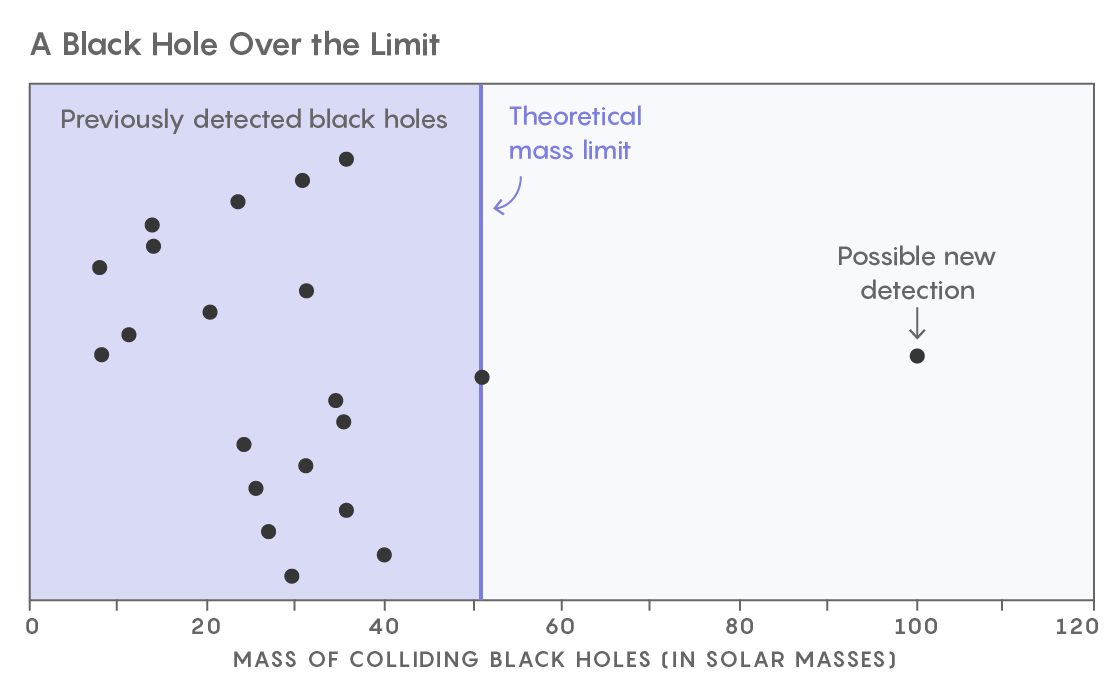I love Quanta.
There's a joke among critics of sci-fi that whenever a writer introduces an inexplicable scenario, they have some character say "It must be quantum entanglement..."
A friend of mine at MIT shared this:
https://thewire.in/the-sciences/elo...8YwE4u5obdCIeuQEWOGuGauUjMN2DGtnPaKq3kdBYkLXc
There's a joke among critics of sci-fi that whenever a writer introduces an inexplicable scenario, they have some character say "It must be quantum entanglement..."
A friend of mine at MIT shared this:
https://thewire.in/the-sciences/elo...8YwE4u5obdCIeuQEWOGuGauUjMN2DGtnPaKq3kdBYkLXc
So, what’s new?
Nothing really, it would seem — not the idea, the technique or the results. The idea of a BMI is old and has been attempted many times. The technique is also not novel and the results are a minimal improvement. Neuralink has simply managed to replicate what earlier groups have done – with minor increases in electrode numbers and some advanced chipsets for recording and analysis. It is at best an incremental step that replicates and builds on previous work by many other scientists.
Last edited:


